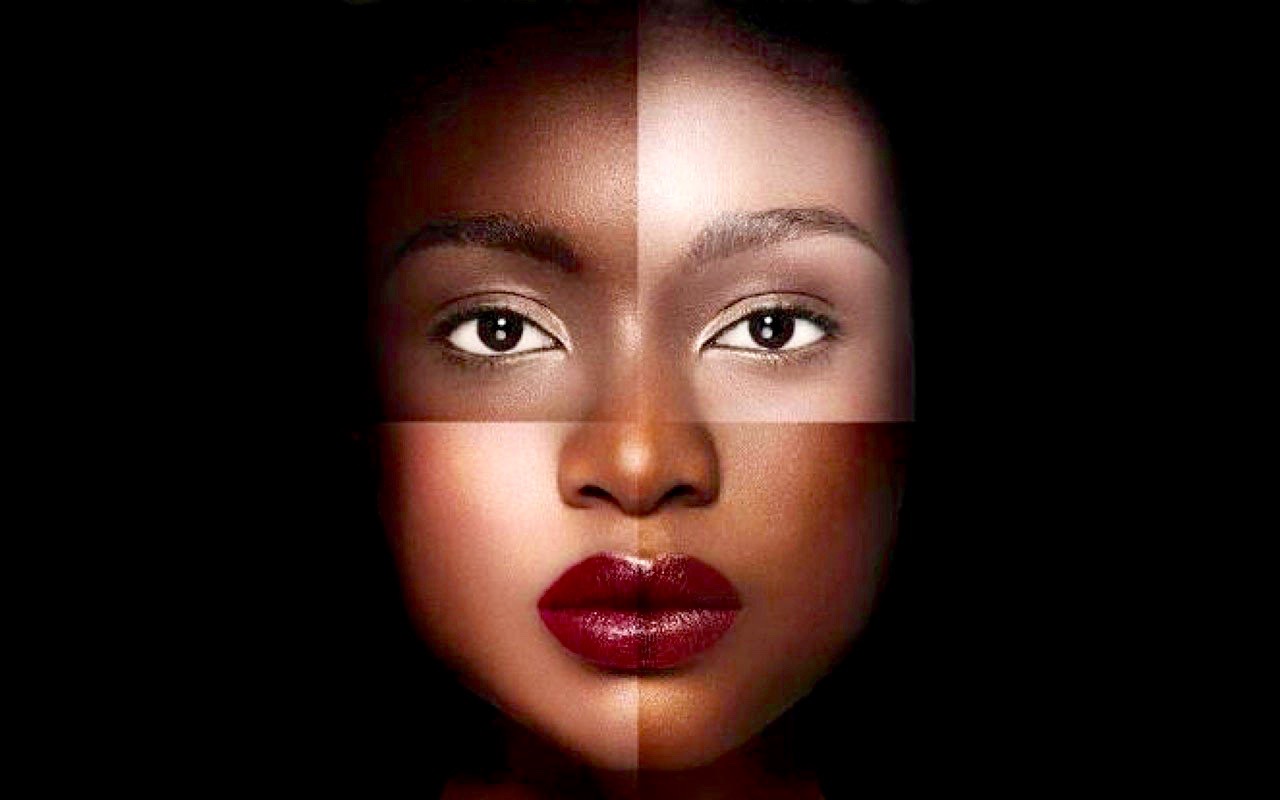Imagine yourself as a young girl in India (or even an Indian girl in the US), being warned by your family to limit your time playing with your friends to avoid getting a tan and being slathered in home remedies to “make you fairer and prettier”.
Imagine regularly seeing advertisements on TV about creams aimed at lightening your skin if you’re unhappy with it, and being criticized constantly about your skin color by those who glorify having fair skin.
As an Indian myself, while I am on the lighter end of the spectrum, and have supportive parents who have kept me away from products like face bleach, not everyone is that lucky.
India is rife with colorism. People with darker skin, especially women, are routinely discriminated against, in the entertainment industry, mass media, and even in matchmaking, where websites have skin tone filters for women. At work and in school, people are even bullied.
Colorism is so ingrained in Indian society that comments are often made in passing about how “beautiful” and “light-skinned” some women are, automatically associating beauty with lighter skin.
The emphasis on beauty being skin-deep has proven to be extremely harmful, both physically and emotionally.
According to the World Health organization, skin-lightening formulas in India make up about 50% of the skin care market, and is estimated to be worth around $450 million USD. While some claim to be natural and use multivitamins like Vitamin B3 to lighten skin, others may contain mercury and bleach, which can damage skin cells.
Besides the physically harmful effects of lightening skin, colorism also has a deep impact on people affected by it.
Many feel uncomfortable in their own skin and their skin color can keep them from entering positions that require being in the public eye, like news anchors, actresses, and flight attendants since they’ve been groomed to believe that being fair is the way to success. Without the confidence in their appearance and the self validation needed, most never dare to give these careers a second look.
Popular Bollywood actresses have lightened their skin to gain greater success and even starred in ads for skin lightening creams.
It wasn’t until recently, after the death of George Floyd and the intense discussion of race that followed, that we saw steps in the direction of eradicating colorism.
After facing repeated accusations of promoting racism, Unilever, the parent company of popular skin-lightening brand Fair & Lovely, said it would remove words like “fair”, “light”, and “white” from Fair & Lovely products.
Another step in the right direction was the removal of skin tone filters from Shaadi.com, a prominent Indian matchmaking site.
However applauded these actions were, I’d argue that in the case of Unilever, a mere change in packaging will not erase decades of hurt caused to women with conventionally “dark” skin. People, women in particular, are constantly told that beauty is skin-deep and are taught to equate it to their self-worth.
It’s time for us to reject societal norms and not only acknowledge that all skin colors are beautiful, but also redefine the concept of beauty and see past skin color.

